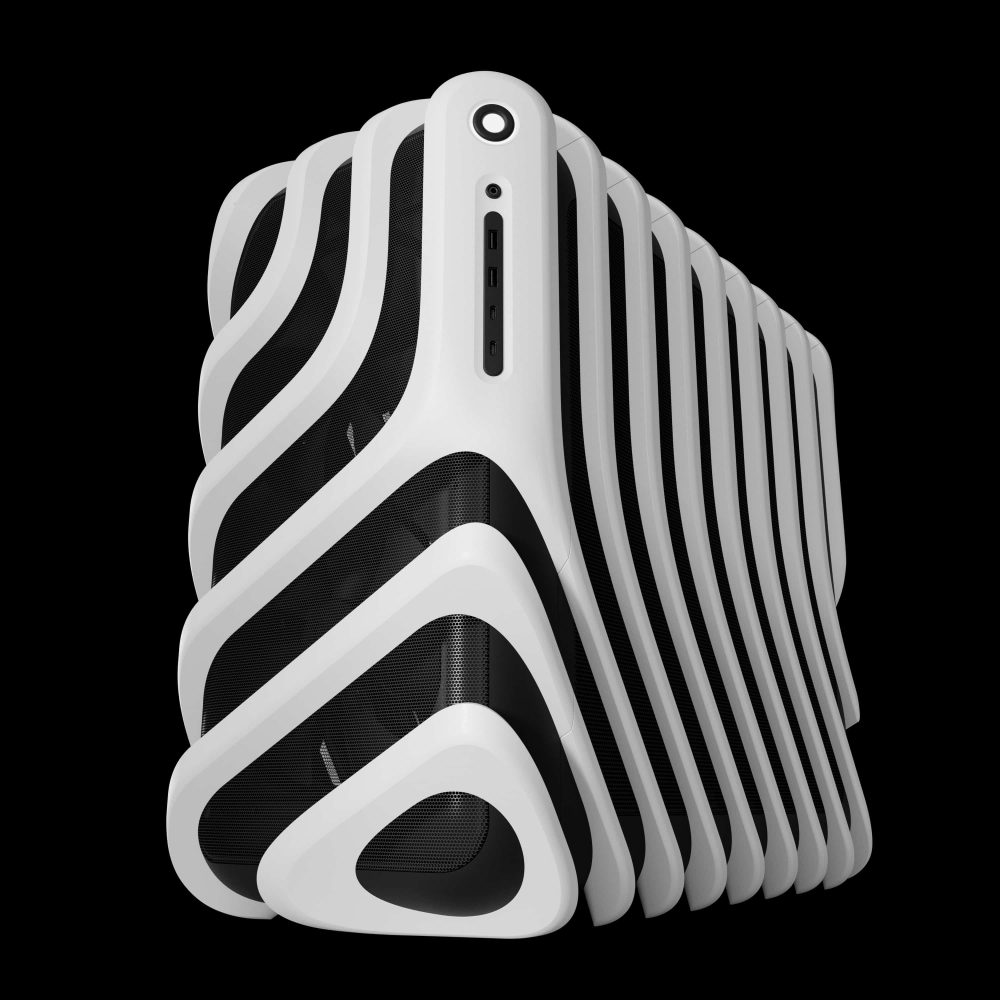Apple may be planning to work with Intel for its future M-series chips, marking a significant shift in its strategy to rely on more than one chipmaker. If true, this move could breathe new life into Intel’s struggling foundry business.
Intel’s 14A Process: A Critical Bet
Intel is currently developing its advanced 14A process, a 1.4nm chipmaking technology that uses its second-generation RibbonFET and PowerDirect innovations. These technologies promise better performance and energy efficiency, key ingredients for powering next-generation AI and edge computing.
A Potential Lifeline for Intel Foundry
While Apple has long been loyal to TSMC, which currently makes all its chips, a new report from analyst Jeff Pu suggests that Apple and NVIDIA are testing early versions of Intel’s 14A design tools. Pu believes Apple may adopt a dual-sourcing approach, working with both TSMC and Intel to meet its growing demand for high-performance chips.
This would be a massive win for Intel. Its foundry business is at a critical point. Intel has warned that if it doesn’t secure large clients like Apple or NVIDIA for its upcoming 18A and 14A processes, it may exit the race for cutting-edge chipmaking altogether.
Why Apple Might Consider Intel
For Apple, turning to Intel could offer more than just technical benefits. TSMC is currently overwhelmed with orders from nearly every major chip company, including AMD, Qualcomm, and MediaTek. By adding Intel into the mix, Apple could ease production pressures, reduce risk, and potentially negotiate better terms.
But Can Intel Deliver?
That said, there’s reason for skepticism. Apple and TSMC have a deep, long-standing partnership. Any shift to Intel would require more than just working chips; it would require a solid manufacturing track record and a robust supply chain, something Intel is still rebuilding.
NVIDIA’s Quiet Move Toward Intel?
As for NVIDIA, it too has been rumored to be eyeing Intel Foundry as a second source for its chips, especially with the explosive growth in AI. But like Apple, NVIDIA hasn’t made any public commitments yet.
The Stakes Are High
If Intel can win over Apple or NVIDIA, it would mark a historic comeback and reshape the global semiconductor race. But it all hinges on Intel proving it can deliver world-class chips at scale and on time.


